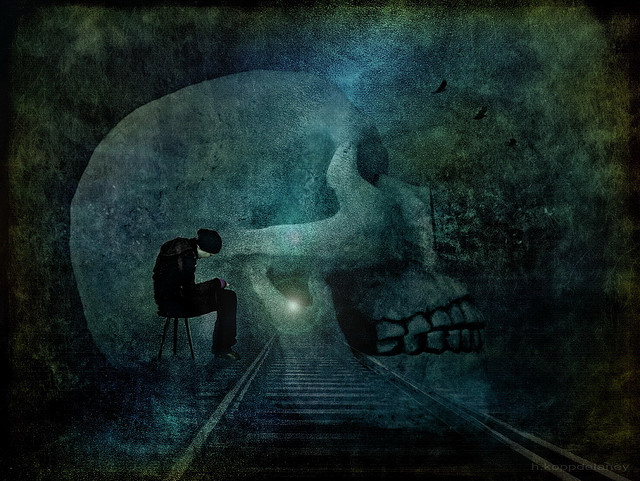Chip in to keep stories like these coming.
The American Psychological Association held its annual convention this past weekend in Toronto. It’s a huge organization, about 100,000 members — academics, researchers, practitioners. This is the seventh time in 37 years that they met here, a frequency or repetition compulsion that may be worthy of research and, possibly, therapy. Canadians belong to it, the way the Blue Jays belong to the American League. We’re in it but not always of it.
This weekend they were convulsed by a conflict that’s strictly stateside. Since 9/11, some U.S. psychologists have been actively involved with torture at places like Abu Ghraib and Guantanamo. The APA, their organization, has colluded with the CIA and other government bodies to refine techniques, lobby for work and research contracts for their members and to certify, for legal purposes, that it isn’t really torture, eh? Some APA members have campaigned against this for years and it’s been acrimonious. You can imagine.
New York Times’ reporter James Risen, a U.S. Senate committee which included former torture victim John McCain and, finally, a report commissioned by the APA itself, all confirmed the odious role played by psychologists and the APA. Top executives, including their chief of ethics, have been let go/resigned. All this was percolating through formal and informal sessions at the convention.
The social sciences have always generated ethical outrages — they deal, after all, with people, not electrons or chemical compounds. But nothing stimulates bad behaviour among the expert class like wars or terror attacks.
Anthropologists for instance have had a long, questionable record among the “primitive” peoples they first “examined” — either with noble intentions or as straight imperial tools. But since 9/11 the Human Terrain Systems (HTS) approach has been under fire, much like the APA situation. In Afghanistan or Iraq the idea was to use their “ethnographic” info to help “map” local societies in order, ultimately, to control and even “target” individuals, either for assassination (recently, by drones) or capture and interrogation, in which case, presumably, the guys from the APA could step up and join in.
What’s surprising about this is that anyone’s surprised. The root of their stupefaction, I’d say, is the delusion that the sciences — psychology, sociology, anthropology, economics etc. — are sciences at all, in the sense of the physical sciences. They aren’t.
They lack the basic qualities of “real” sciences, like clear terms, definitions, and theories, as Noam Chomsky recently noted. The terms they have are used “very loosely,” with a “strong ideological component.” In the 19th century, when their modern versions arose, they hitchhiked on the prestige and success of the natural sciences, appropriating the very word; and basked in the glow of Galileo or Newton. Unlike Prometheus, they didn’t so much steal fire from the gods to give to men; they stole false fire and hawked it. Economists, for instance, failed to see the housing bubble and the crash of 2008. True, some scruffy outsiders, like American Dean Baker, got it right, but all they did was look at the evidence and apply common sense, much as Aristotle would have.
In fact they should probably just drop the science pretensions and go back to where they belong: the inexact realm of the humanities, with the inevitable downgrading that would entail. Psychology was part of the philosophy departments not so long ago; and politics wasn’t a science — it went with economics in something called Political Economy that was more like history.
The late John Seeley, a superb sociologist and psychologist, spent much of his career effectively pursuing his own tail; pondering how to study something of which you were a part and which had made you what you were. It was like studying your own back at the same time as it relentlessly pushed you forward. “We may also hear,” he wrote, “in any serious piece of social science writing as in any poem — the cry of a soul calling for attention, obliquely but obstinately, to who he is, what he is, what he wants, what he suffers, who is with him and against.”
He’d have understood how objective “scientists” could happily verify that waterboarding isn’t torture. They aren’t just social observers, they’re social agents, with their own motives and needs that also deserve careful research.
This column was first published in the Toronto Star.
Image: Hartwig HKD/flickr
Chip in to keep stories like these coming.




